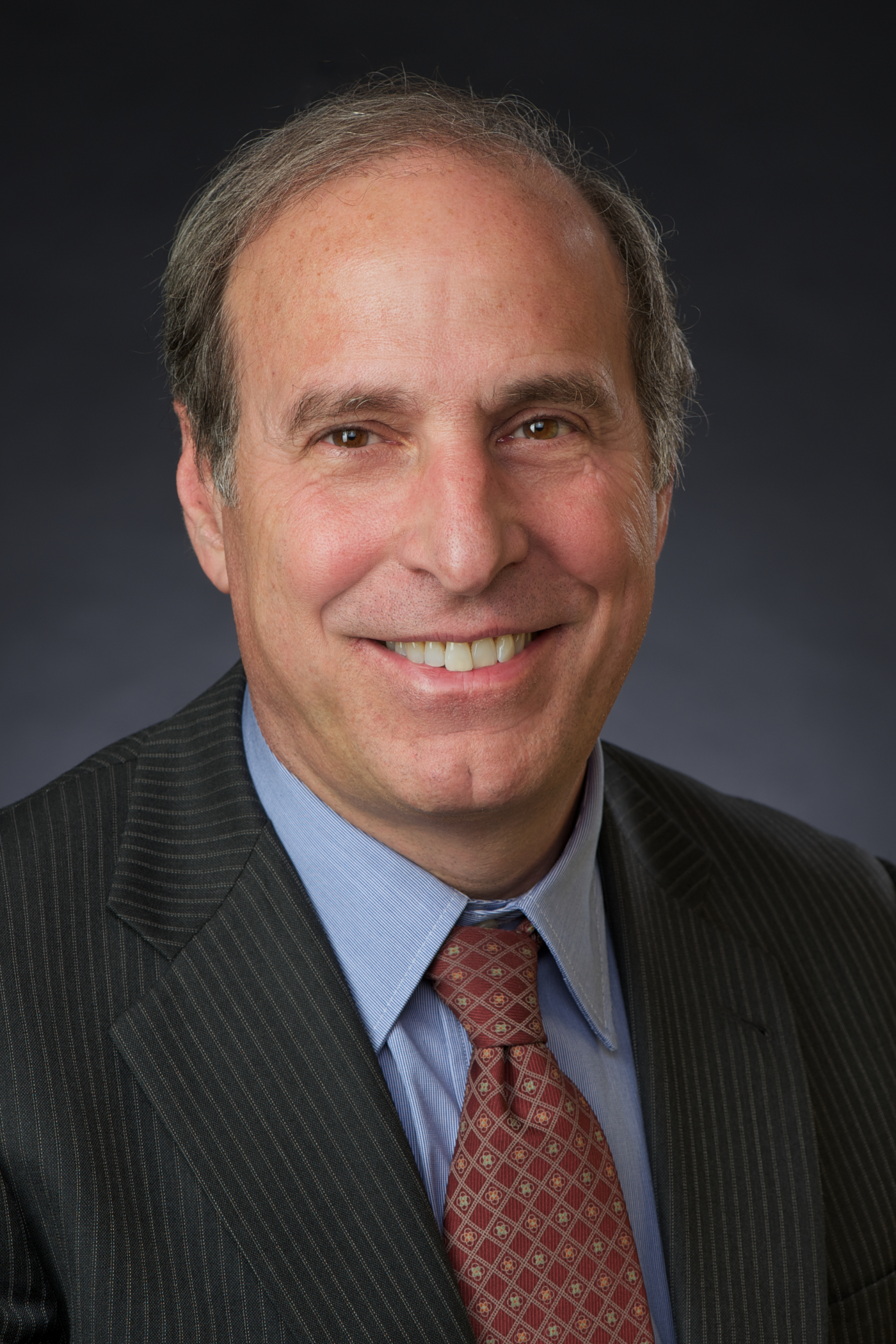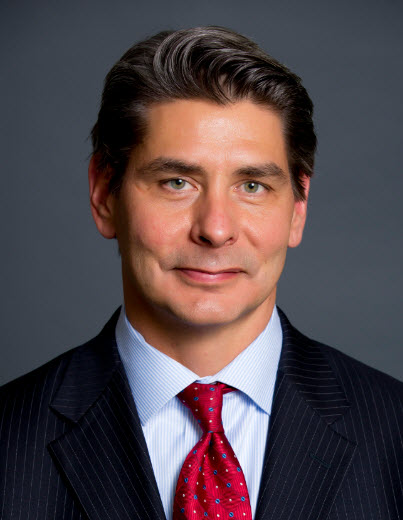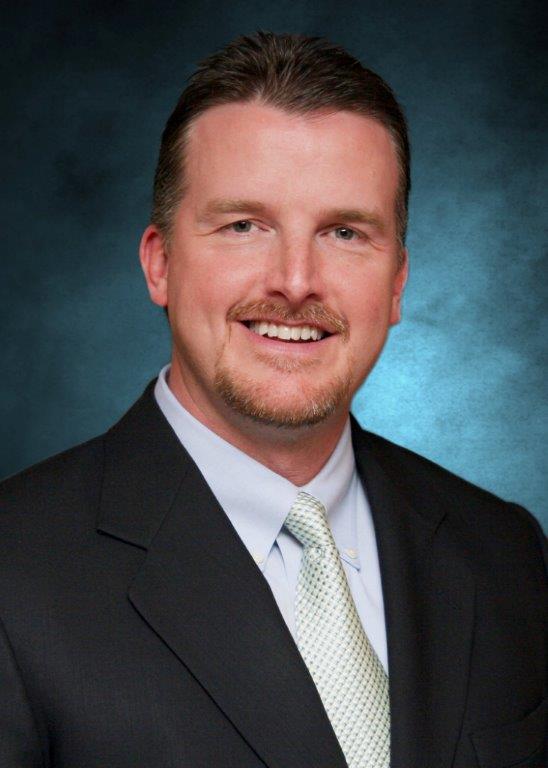“This nation asks for action, and action now. Our greatest primary task is to put people to work. I am prepared under my constitutional duty to recommend the measures that a stricken nation in the midst of a stricken world may require,” President Roosevelt said during his inaugural presidential speech.
President Roosevelt’s first 100 days in office marked unprecedented presidential success: His rapid attainment of congressional approval and implementation of the New Deal — as well as re-instilling a sense of hope and national pride among Americans — established him as the president who most successfully worked with Congress in the preliminary months of presidency.
Since then, a 100-day standard has been used to gauge presidential effectiveness, underscoring the notion that U.S. presidents are typically most effective immediately after taking office when their leadership style seems new, the sensation of their victory is still strong and their impact on Congress is usually at its peak.
Success in the first 100 days does not guarantee success throughout the rest of the duration of the term, nor do difficulties early on necessarily fasten a president to failure or mediocrity. While it’s not a perfect measure and some call it an “artificial yardstick,” the 100-day concept is still widely used by the public, media and scholars to assess new presidents’ effectiveness.
A new hospital or health system CEO’s first 100 days is about learning, not taking action
Stepping into a top executive role in a healthcare organization lends the new leader a certain degree of power, but unlike U.S. presidents, hospital and health system CEOs’ first 100 days are not typically evaluated by the amount of action they take.
“Unless he or she is stepping into the role during a crisis or a turnaround, it is important for a new CEO to resist the temptation to  try to do too much,” says Rod Hochman, MD, who was appointed president and CEO of Renton, Wash.-based Providence Health & Services in February 2013.
try to do too much,” says Rod Hochman, MD, who was appointed president and CEO of Renton, Wash.-based Providence Health & Services in February 2013.
Instead, the most important thing for a hospital or health system CEO to do in the first 100 days is listen — to get to know the organization, its employees, the community it serves and the board members, according to Dr. Hochman.
Relationships are a top priority
It is truly critical for CEOs to understand the people within the organization and identify the issues they see as most important. Typically this means meeting with managers, but also with some of the constituencies around the hospital, such as community members, unions and others, according to Dr. Hochman
Michael Wiechart, who became president and CEO of Franklin, Tenn.-based Capella Healthcare in January 2014, shares a similar opinion.
 “Leadership is about creating value for all those we serve — our patients and communities as well as our employees and physicians — not about traditionally defined measures of achievement. Create value for those you serve and the organizational results will follow,” he says.
“Leadership is about creating value for all those we serve — our patients and communities as well as our employees and physicians — not about traditionally defined measures of achievement. Create value for those you serve and the organizational results will follow,” he says.
Hospital or health system leaders’ first and most important goal in their new role is building trusting, collaborative relationships with the people they will be working with, especially other leaders who share similar goals, according to Mr. Wiechart.
“Frankly, I believe that the first 100 days must be more about building relationships by listening to the voice of stakeholders than about organizational or leadership achievements,” he says. “That’s even more important when the organization has a ‘servant leadership’ philosophy as Capella Healthcare strives to uphold. If you are seeking to serve others through your leadership, then you must know what the others think and need. And then you must be responsive.”
New leaders with big plans put much at stake
Many incoming CEOs find themselves in trouble when they enter their role with a full agenda — these goals may not fully cohere with the organization or community’s culture, or they are too ambitious and unrealistic. Similar to U.S. presidential administration, people within the organization as well as in the community best remember the first things a new CEO tries to do, so it is critical that these ideas are fully vetted.
According to Paul Esselman, senior executive vice president and managing director of Cejka Executive Search,  healthcare leaders — and by extension, the whole leadership team — risk their credibility when they immediately set out to take too much action in their first 100 days. If the leader is unable to accomplish the goals he or she has set out for, his or her credibility could be severely damaged, and this is very difficult to repair.
healthcare leaders — and by extension, the whole leadership team — risk their credibility when they immediately set out to take too much action in their first 100 days. If the leader is unable to accomplish the goals he or she has set out for, his or her credibility could be severely damaged, and this is very difficult to repair.
“If a leader comes in with preconceived objectives and visions and starts making sweeping changes without first doing a thorough assessment of the organization, he or she can lose the trust and their credibility among the clinical/medical staff, senior leadership team and other stakeholders,” says Mr. Esselman, which makes effective action further down the road hard to achieve.
Additionally, Mr. Esselman notes that in the era of consumer-driven healthcare, a strong CEO reputation and rapport with patients and the community is an essential facet of establishing a marketable patient-centric culture.
An “insider” and “outsider” approach a CEO appointment slightly differently
Whether a new leader is promoted from within the organization or brought in from elsewhere may influence his or her approach to the first 100 days.
For outsiders coming into a CEO role, Dr. Hochman recommends finding a colleague who has been at the organization for a long time who can serve as the CEO’s guide to the informal network — the culture and how decisions are made.
Having a history with an organization as an insider means a new leader doesn’t need to worry about getting acclimated to the culture, and he or she likely has pre-established relationships throughout the organization, with the community and board. However, an insider still has challenges within the first 100 days.
“For folks who have been a part of the organization for a long time and are promoted to the CEO position, I recommend they take a fresh look at the organization from the standpoint of a CEO,” says Dr. Hochman. “It could be hard after being with the organization for 10 or 15 years because you think you know it, but this is a new position so you must refresh yourself and re-learn the organization.”
When Mr. Wiechart took the helm of Capella Healthcare as president and CEO in January 2014, he had already had executive experience at the system, having served as senior vice president and COO from 2009 to 2013. While he notes he was able to much more easily adjust to the position than someone completely new to the organization could, Mr. Wiechart still identified certain areas he needed to reexamine from a top leader’s point of view.
One of the first things he wanted to do in his new role was broaden communication with all employees, so someone suggested he start a blog. While he was wary of the author-centric nature of blogs, he realized he could make his posts relevant to his employees by writing about relatable topics from a personal point of view.
The first two posts he wrote about were descriptions of personal experiences that had profound effects on both his personal and professional life: His first job as an accountant at the hospital where his mother worked as a nurse, and the life-changing opportunity he had to care for his dad during his final months with cancer.
“Frankly, I was amazed at the positive feedback I got from employees and others from these very personal stories. And, while it was difficult for me to share such personal experiences, I think it’s important for leaders to communicate candidly and make themselves vulnerable. That’s one of the ways you earn trust and make yourself approachable,” says Mr. Wiechart.
More articles on healthcare leadership:
30 words that have changed healthcare forever — or at least for this year
Chuck Lauer: Why Dr. Zeke Emanuel is wrong
3 North Carolina health systems name shared services company
